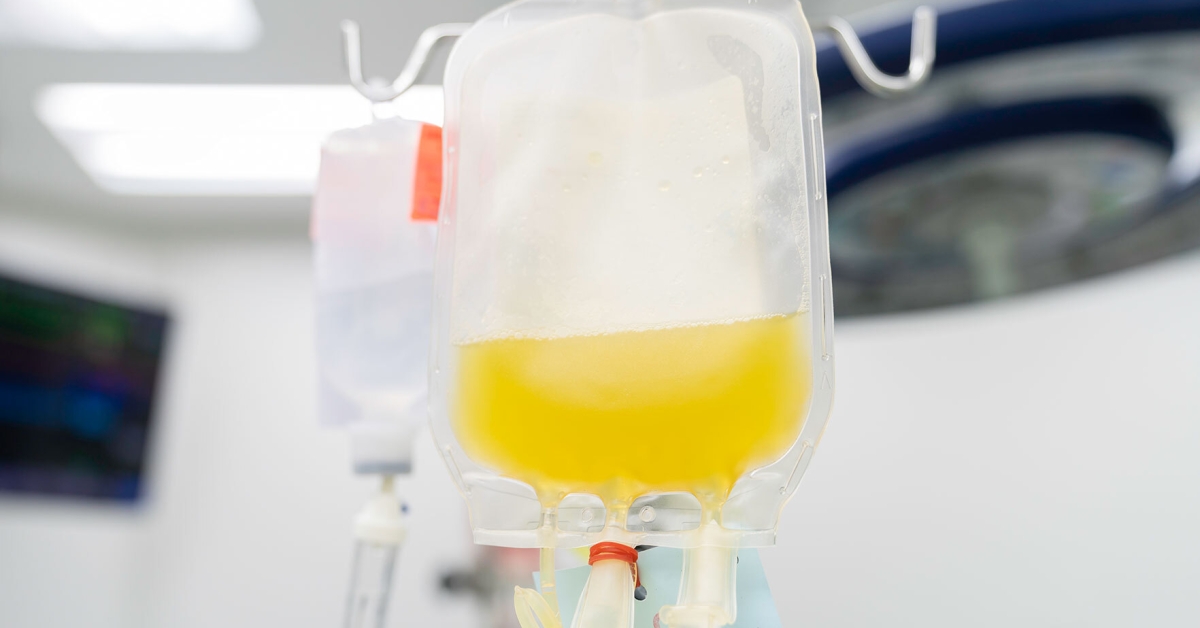Rwanda is poised to start exporting plasma as part of a strategic move to manage the costs associated with producing and disposing of excess plasma while also obtaining derived medicinal products at a lower price for local patients.
The decision follows a Ministerial Order issued on July 11, 2024, which outlines the regulations for the use and sale of human body products. The order was published in the Official Gazette on July 12.
Under the new regulations, plasma, a light-yellow liquid that remains after removing red blood cells, white blood cells, platelets, and other cellular components from blood, can be sold. The set minimum price for plasma is $50 per liter.
Plasma plays a crucial role in the body by aiding in recovery from injury, distributing nutrients, removing waste, and preventing infection, according to the Cleveland Clinic.
Currently, only about 5% of the plasma produced in Rwanda is used in health facilities, which meets the existing demand. This plasma is critical for treating patients suffering from dehydration, burns, major diseases such as cancer and malaria, and severe bleeding.
Derived medical products from plasma include gamma globulin, which is used to treat Rh incompatibility in newborns, a condition where an Rh-negative mother’s blood is incompatible with her Rh-positive baby’s blood.
The new export initiative is expected to help Rwanda manage its plasma production more efficiently while providing essential medical products at reduced costs for local patients.

